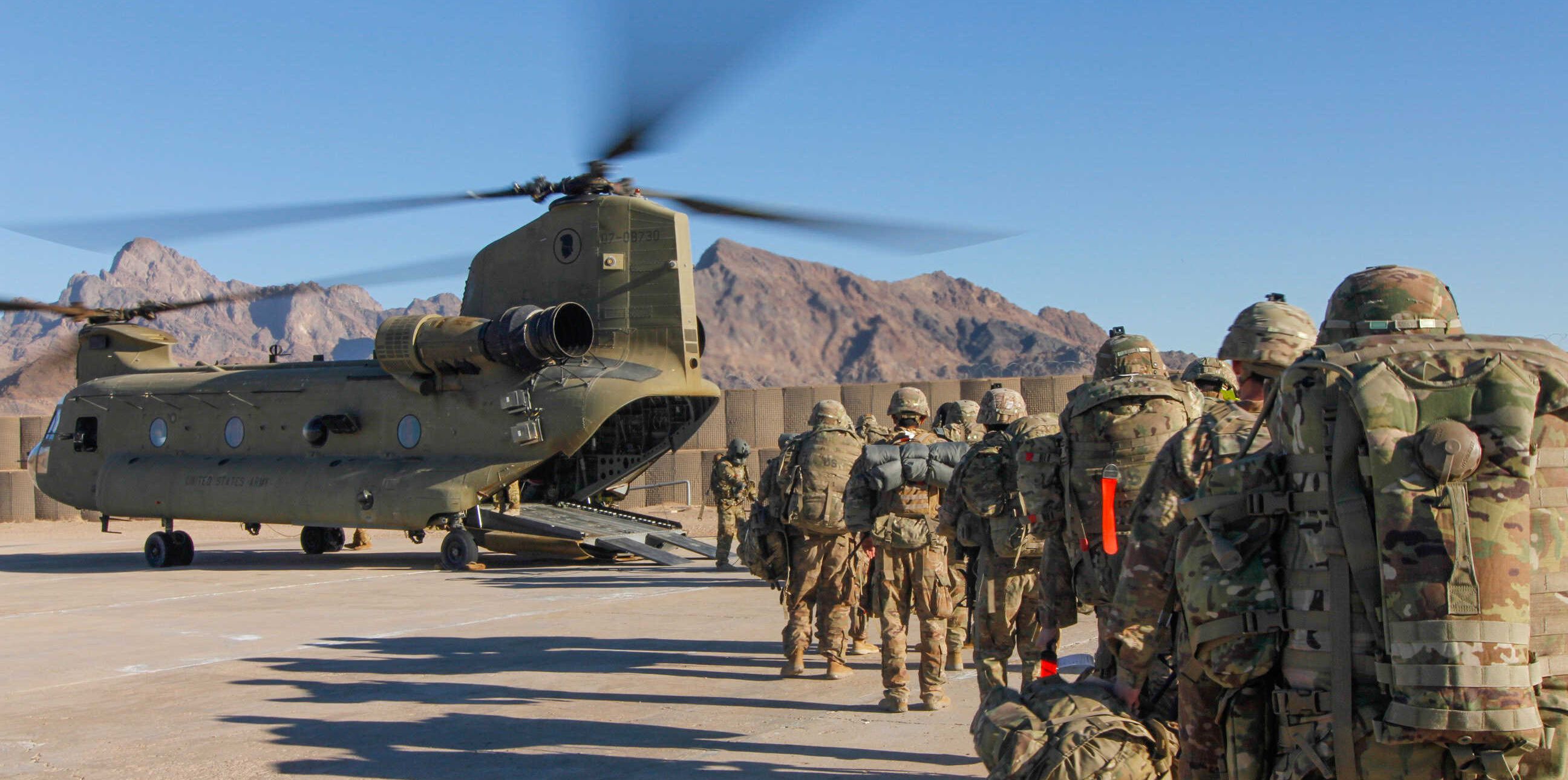The great historian Donald Kagan, who passed away this month, reminded us that we can often see into the future by studying the past
-
September/October 2021
Volume66Issue6
We have all seen the disturbing images recently of the fall of Afghanistan. After twenty years of military presence, with over $3 trillion spent and, more tragically, over two thousand American lives lost, the final U.S. forces left the country. The Afghan military had folded almost overnight and the Taliban, which we fought against for so many years, took over.
The departure from Afghanistan became political and divisive, of course, as with almost everything these days. In hindsight, many of us can believe the withdrawal of troops could have been handled differently to avoid the chaos that happened. But the question of whether or not we should have continued a military presence in Afghanistan or leave completely will be debated by historians and analysts for years.

The debate really comes down to the whole idea of global influence and military power. And often that means war.
In March, 1997, American Heritage published an article entitled “History’s Largest Lessons,” which is once again timely. The essay was largely an interview with Donald Kagan, a former dean of Yale College, professor of ancient history, and author of such classics as On the Origins of War and the Preservation of Peace. In reviewing Kagan’s masterful history of the Peloponnesian War, George Steiner wrote in his New Yorker review that, “The temptation to acclaim Kagan’s four volumes as the foremost work of history produced in North America in this century is vivid.”
Professor Kagan believed that “if we are to understand the world in which we live, we have no surer source, indeed no other source, than the past.” In studying the past, he observed that people go to war for three fundamental reasons: out of honor, fear and interest. When it comes to Afghanistan, of course, he was right. We went there to get those who harmed us and to keep them from harming us again. It was in our interest, at that time, to do so. It was about imposing our will on the opposition.
Kagan stated in the interview, “In the end what people really go to war about is power, by which I simply mean the ability to have their will prevail.”
He continued, “Every being and every nation requires power for two purposes. The first is to be able to do what it wishes to and must do, some of which will be perfectly natural things. Second, one needs power to keep others from imposing their will, to prevent evil things from being done.”

Remember, this article was from 1997, before the tragic events of September 11, 2001, before all the changes of the last twenty years. In the article, Kagan mentioned that countries that were in the past military and political powers, “will look for the return to such a condition, both because it is possible, as demonstrated by their past power, and because of the role of honor; formerly powerful states regard great strength as their normal condition and feel dissatisfied with any lessoning of their power.”
The country that Kagan mentioned specifically as being a possible rising power was China, saying, “the Chinese, should their capacity make it possible, might be the most dangerous of all.” Due to their economic explosion over the past twenty years, the Chinese surely now have the capacity to make it possible.
Then in the 1997 American Heritage interview Kagan added, “If they do, (and they have) we’ll be dealing with a China that’s got both strength and prosperity. That kind of China has historically been brusque, arrogant, and aggressive in its dealing with its neighbors, as it is now. The likeliest area of Chinese rambunctiousness is Taiwan.”
Here’s a couple of recent headlines: “China State Media Says Afghanistan a Lesson for Taiwan on How U.S. Abandons Allies” (Newsweek) and “China holds assault drills near Taiwan after ‘provocations.’” (Reuters).
Finally, a quote from the Chinese Communist Party’s Global Times this week after the disaster in Kabul: “If the U.S. cannot even secure a victory in a rivalry with small countries, how much better could it do in a major power game with China?”
It looks like Professor Kagan, back in 1997, certainly see what was ahead by looking at the past.
Maybe we should, too.

